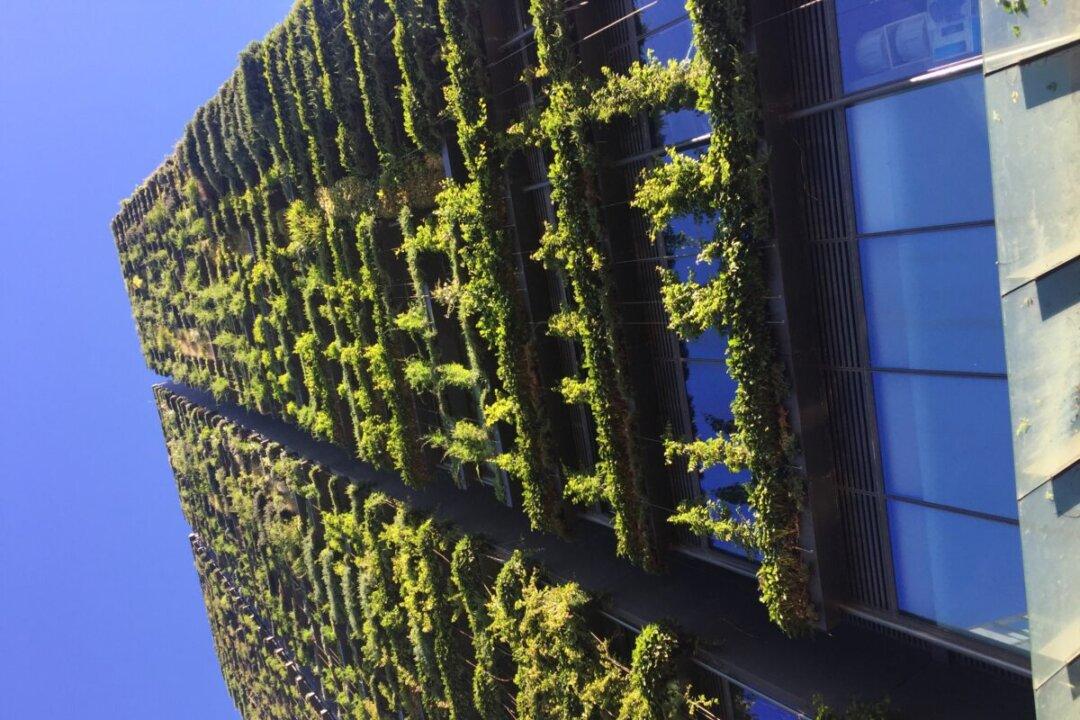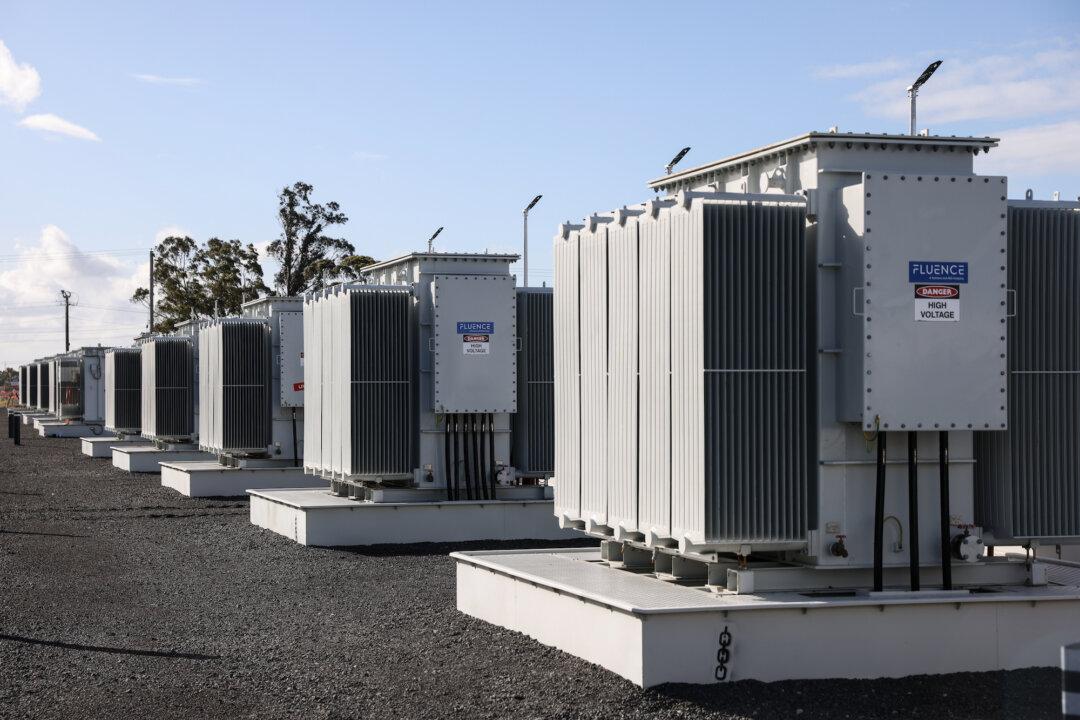Hot summers can be expensive, with air conditioners and fans driving up household electricity costs; however, researchers from the University of South Australia (UniSA) have identified a scientifically valid and inexpensive cooling method humans have known about for nearly a century.
In a study from the UniSA, living walls or vertical gardens—walls that are entirely covered with vegetation— were shown to lower the overall temperature of houses on hot summer days by up to 12 degrees Celsius (21.6 degrees Fahrenheit). The vegetation on these walls is grown in pots, felt pockets, or planter boxes and is irrigated on structures attached to the wall.




